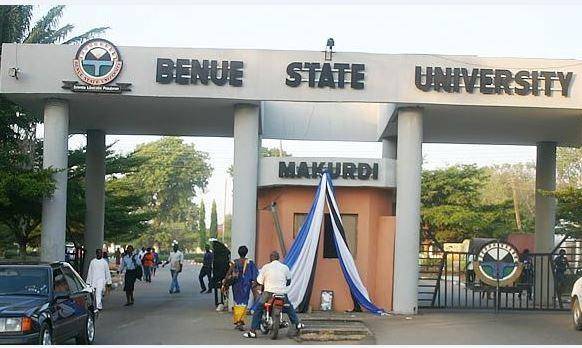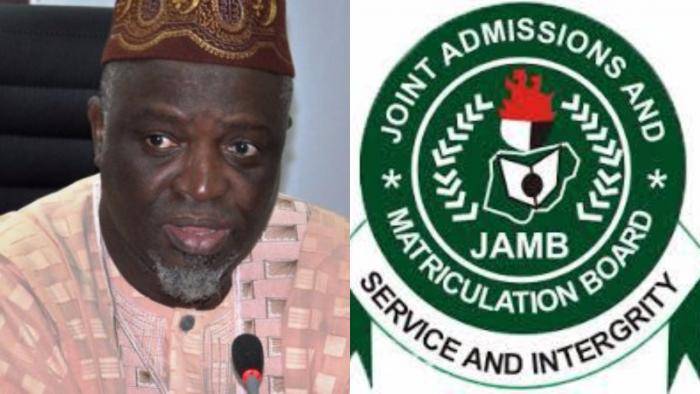This is to inform all candidates who have been offered admission into
Benue State University, Makurdi (BSU) for the 2018/2019 Academic
Session that the payment of Acceptance fee has commenced. All admitted
students are therefore advised to follow the procedure below to pay
acceptance fees and complete registration process for 2018/2019 session.
Successful candidates are required to do the following:

Candidates who have paid the appropriate user charges should register their courses and complete their Biodata online, print out six (6) copies of their course registration and Biodata forms and proceed to their Faculties for issuance of student files and final screening.
The Guidelines on e-payment are as follows:
Visit any of the following Bank Branches nation-wide to make payment.

- i. Proceed to pay an acceptance fee of ten thousand (N10,000.00) naira only using the e-payment procedure.
- ii. Proceed to do change of course on the Joint Admissions and Matriculation Board (JAMB) website where the course admitted into is different from the course initially applied for.
- (i). Original academic qualifications
- (ii). Original JAMB Result slip with embossed passport photograph
- (iii). Original Direct Entry Online e-registration printout with embossed passport photograph
- (iv). Birth certificate/declaration of age
- (v). Certificate of State Origin
Candidates who have paid the appropriate user charges should register their courses and complete their Biodata online, print out six (6) copies of their course registration and Biodata forms and proceed to their Faculties for issuance of student files and final screening.
The Guidelines on e-payment are as follows:
- i. Visit www.bsum.edu.ng or https://www.portal.bsum.edu.ng
- ii. Click on e-Payment platform to open the e-Payment Form
- iii. Select programme, Payment Category. Type in Registration Number, Select session or semester as applicable.
- iv. Click on “Generate Payment Reference” to generate payment number.
- v. Click on link to proceed.
- vi. OPTIONS:
- a. For cash payments at Bank:
Visit any of the following Bank Branches nation-wide to make payment.
- * Fidelity Bank Plc
- * Zenith Bank Plc
- * ECO Bank Plc
- * Guaranty Trust Bank Plc
- * Sterling Bank Plc
- * Diamond Bank Plc
- * First Bank of Nigeria Plc
- * United Bank for Africa Plc
- * Unity Bank Plc
- * Union Bank of Nigeria Plc
- * Skye Bank Plc
- b. For ATM Payments: Visit any ATM machine with your ATM card and do the following:
- * Select Quick teller from the ATM menu
- * Select pay bills
- * Fill in the Payment reference number generated from the E-Payment platform when you are requested to enter the Customer ID
- * Fill in 04255101 when you are requested to enter the Payment Code
- * Enter your GSM Number and complete the transaction.
- c. For payment using Quickteller from the Internet: Visit the quickteller website www.quickteller.com/bsum to complete your transaction.
- * Insert your Registration number
- * Insert your email and mobile number and click “continue”
- * Follow the instructions on the screen to complete your payment
- * Print out the payment confirmation slip
- * Return to the portal and print out a payment receipt
- * Candidates are to note that checking of admission status, acceptance of admission, uploading of documents for on-line screening, payment of school fees, and course registration on the University Portal shall take place between Thursday, 17th January – Friday, 15th February, 2019.
- Forgery of any kind will attract automatic withdrawal of the admission offered and possible prosecution.











